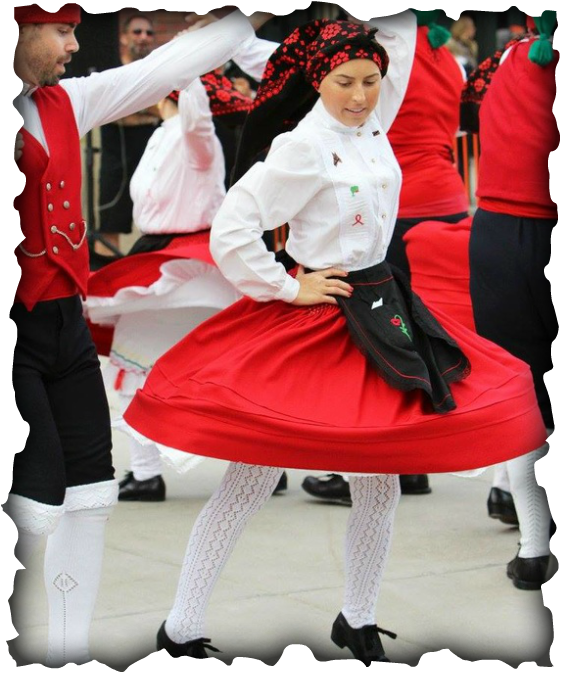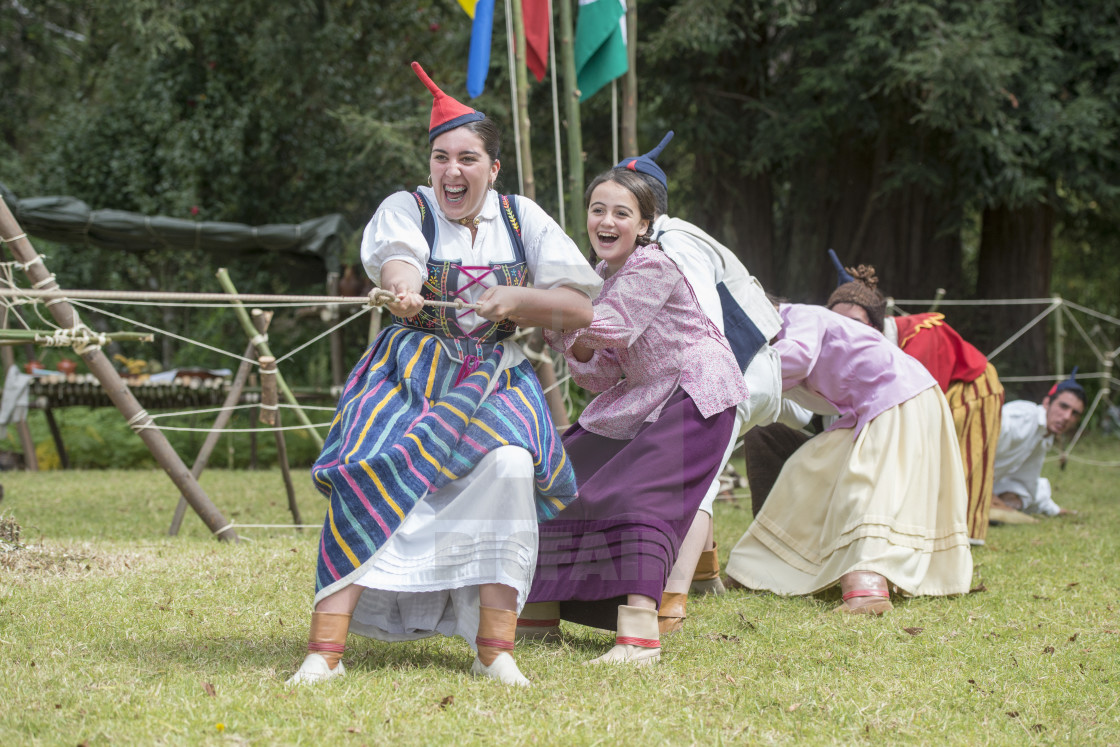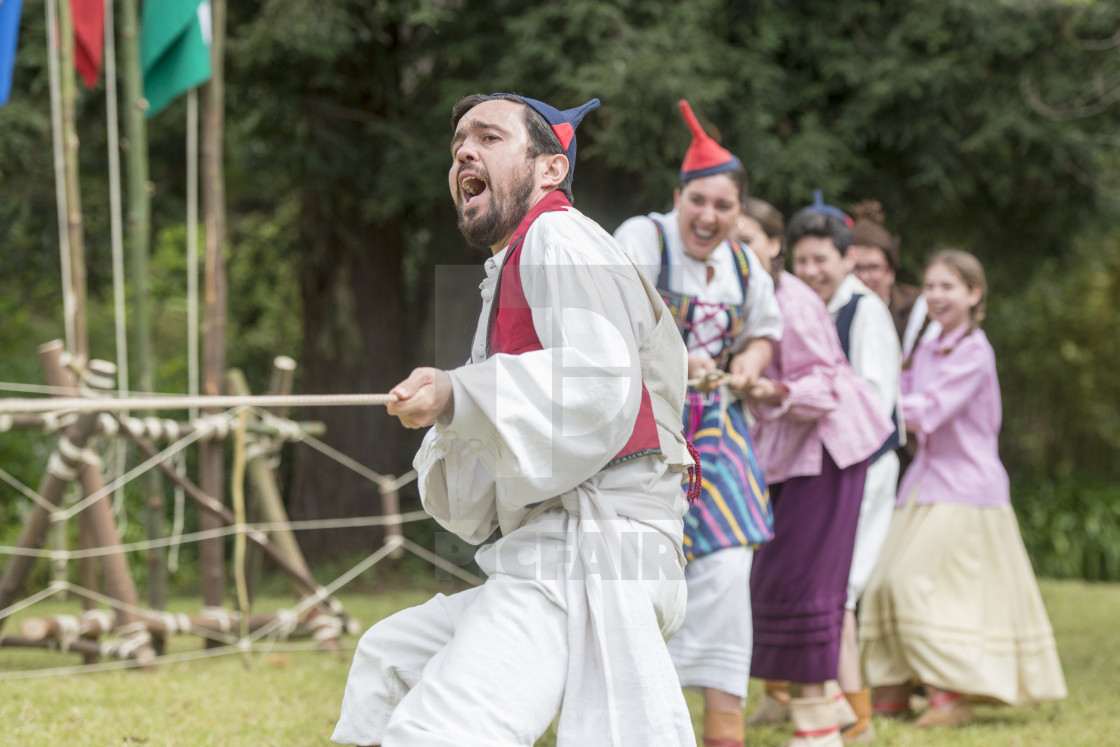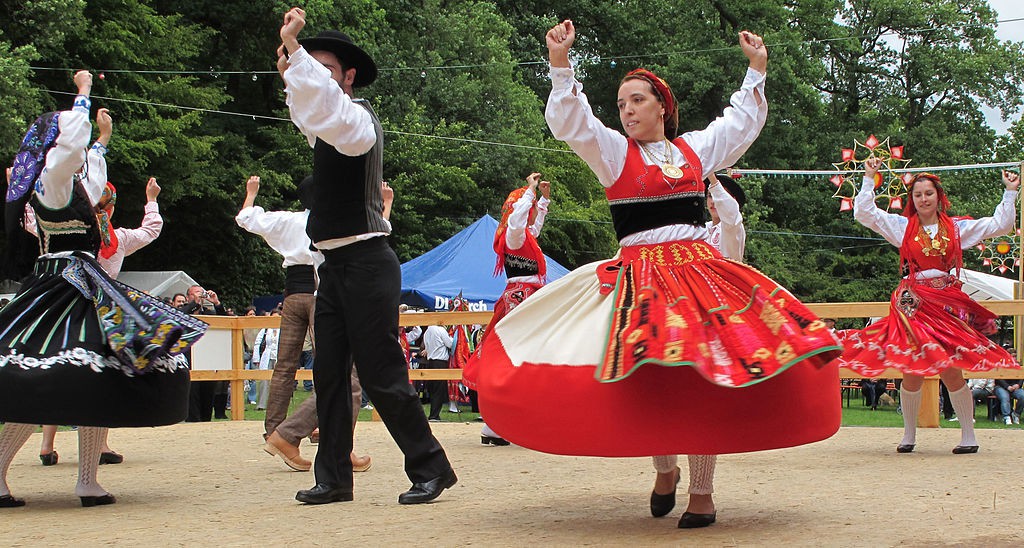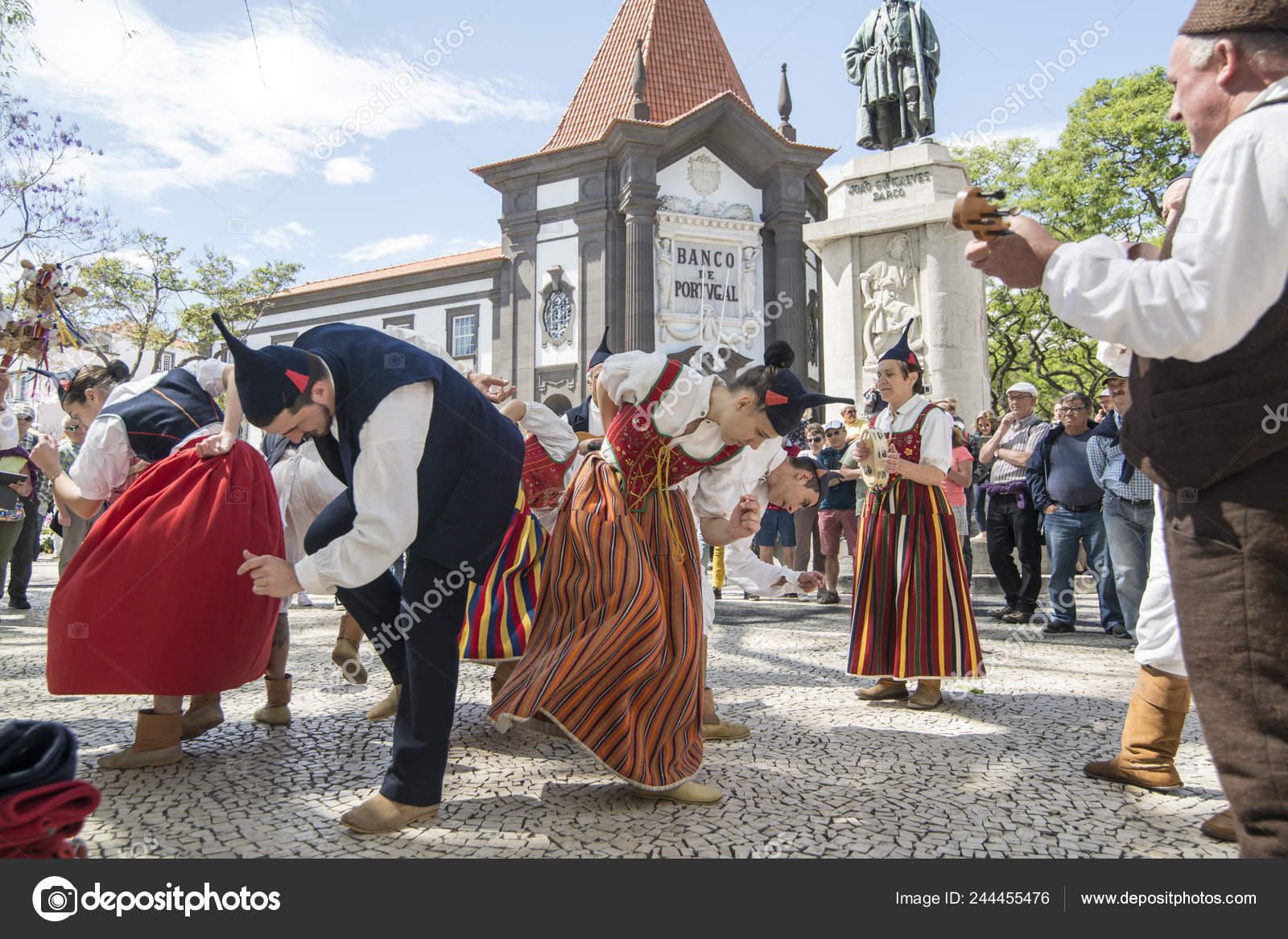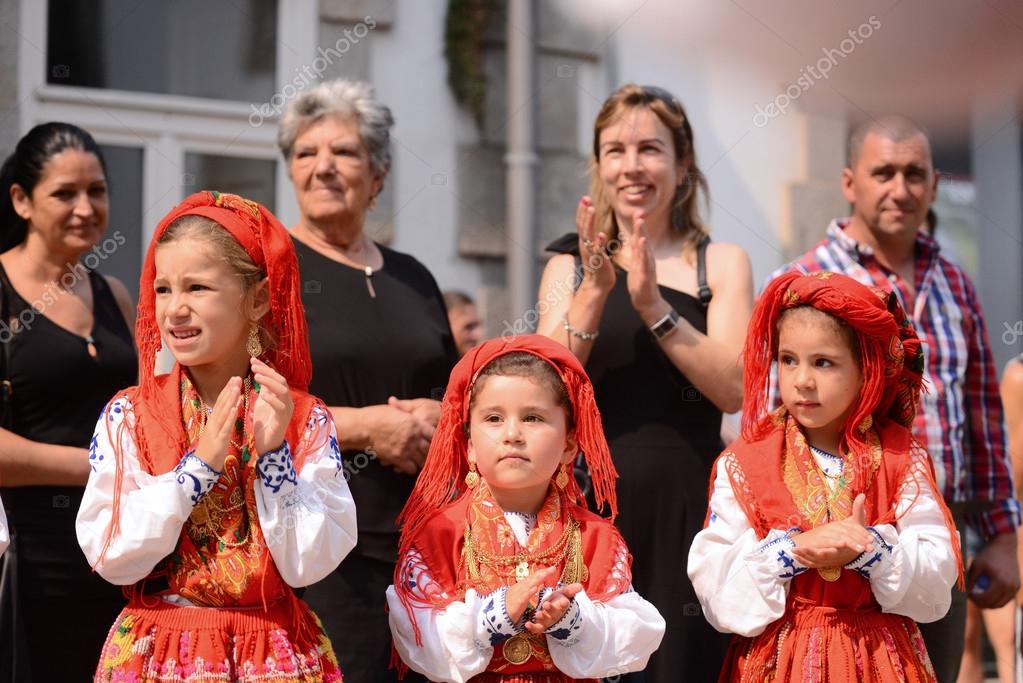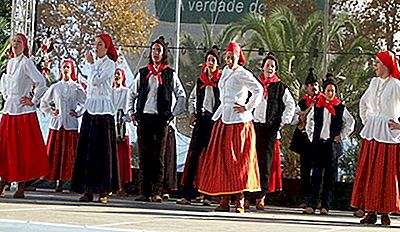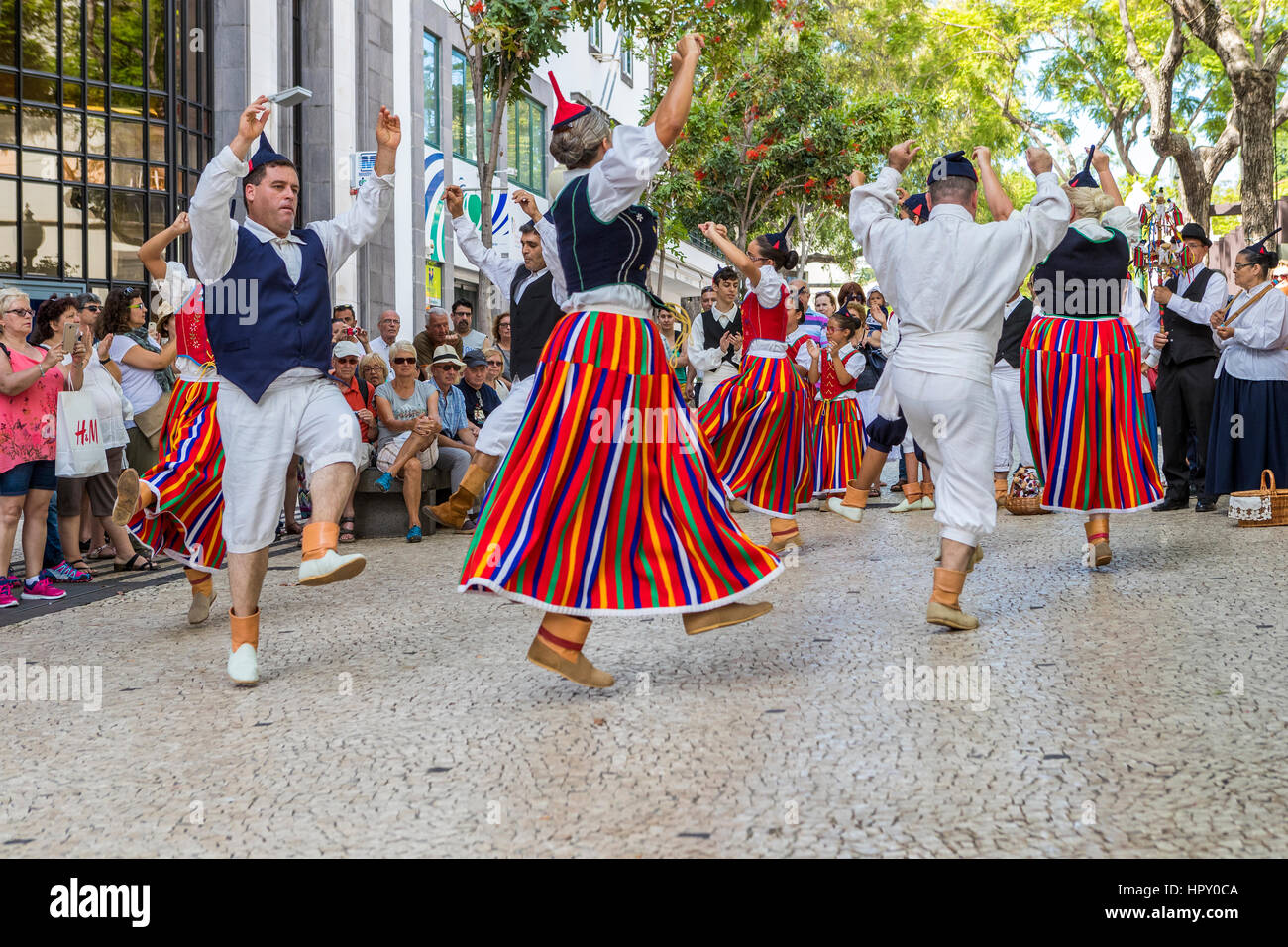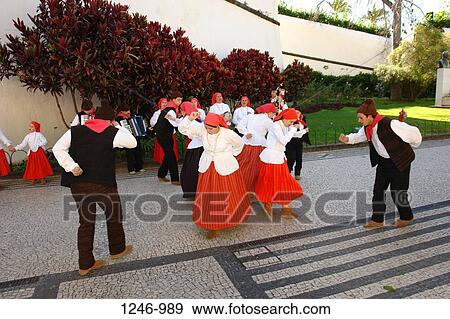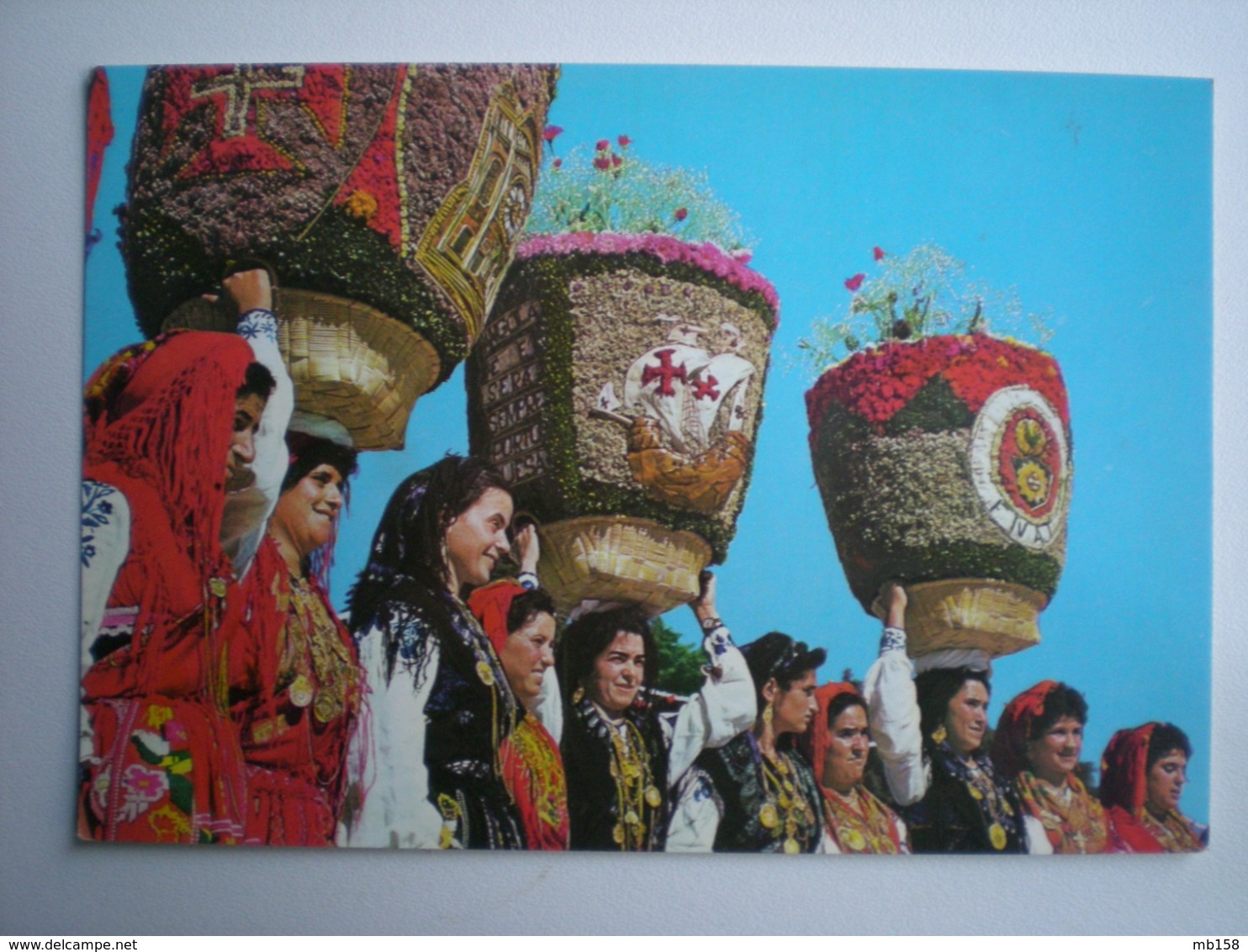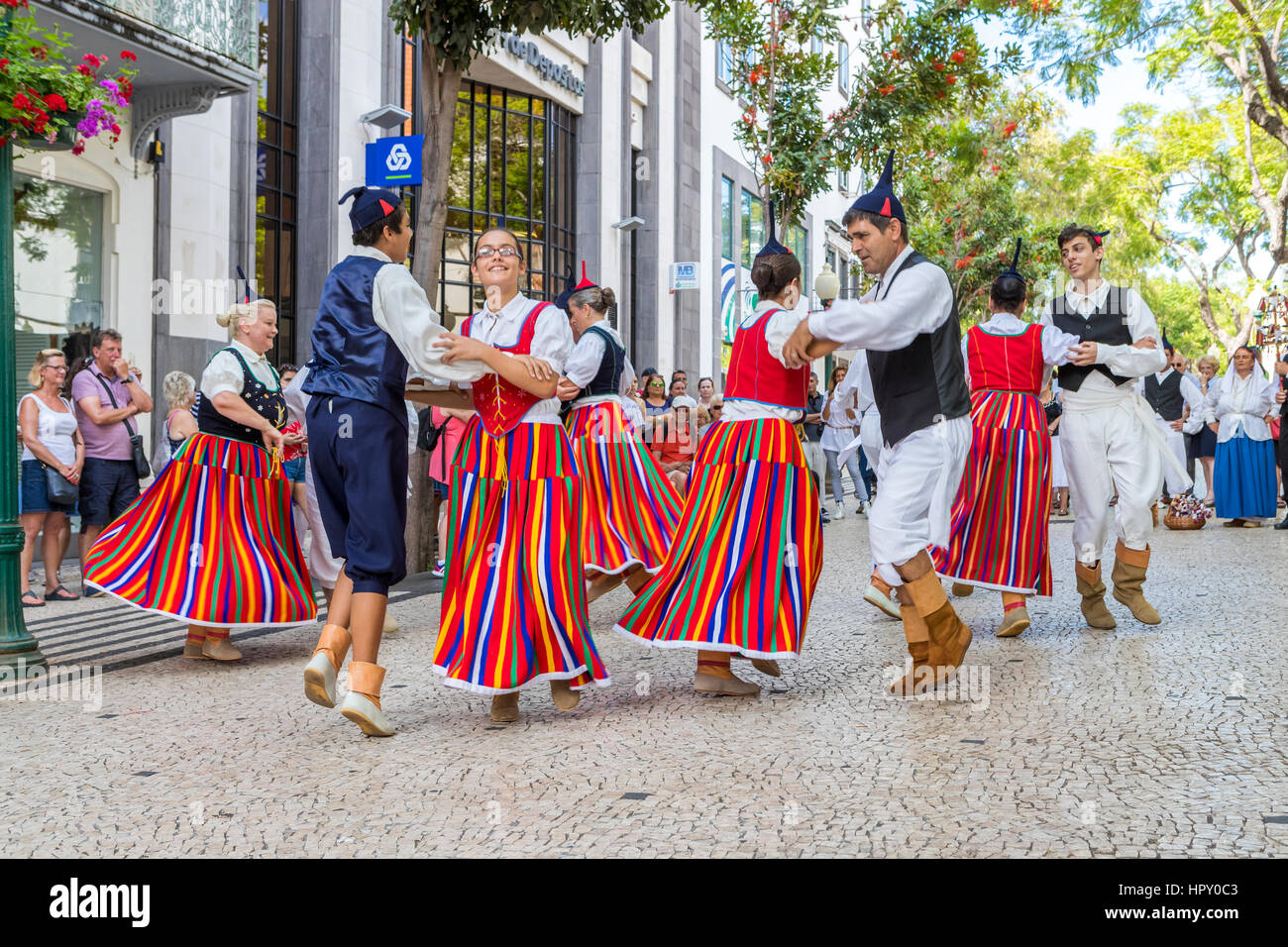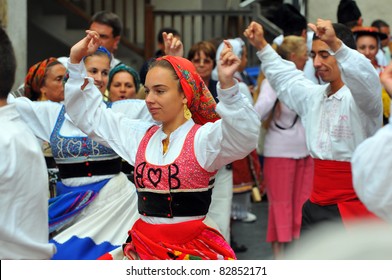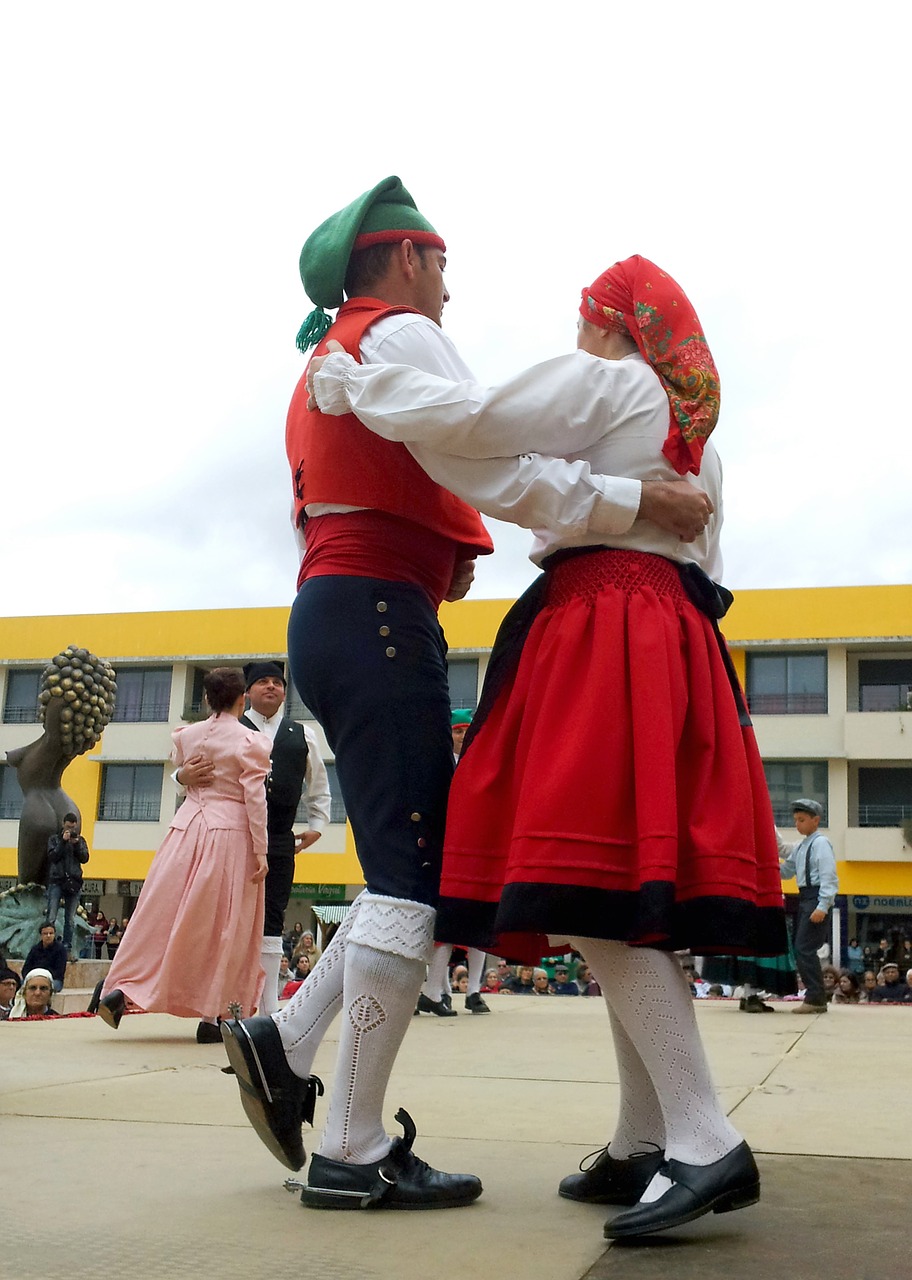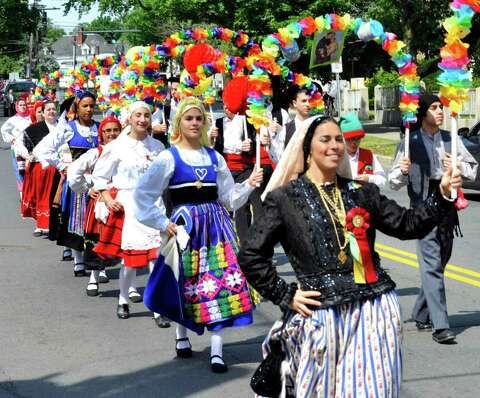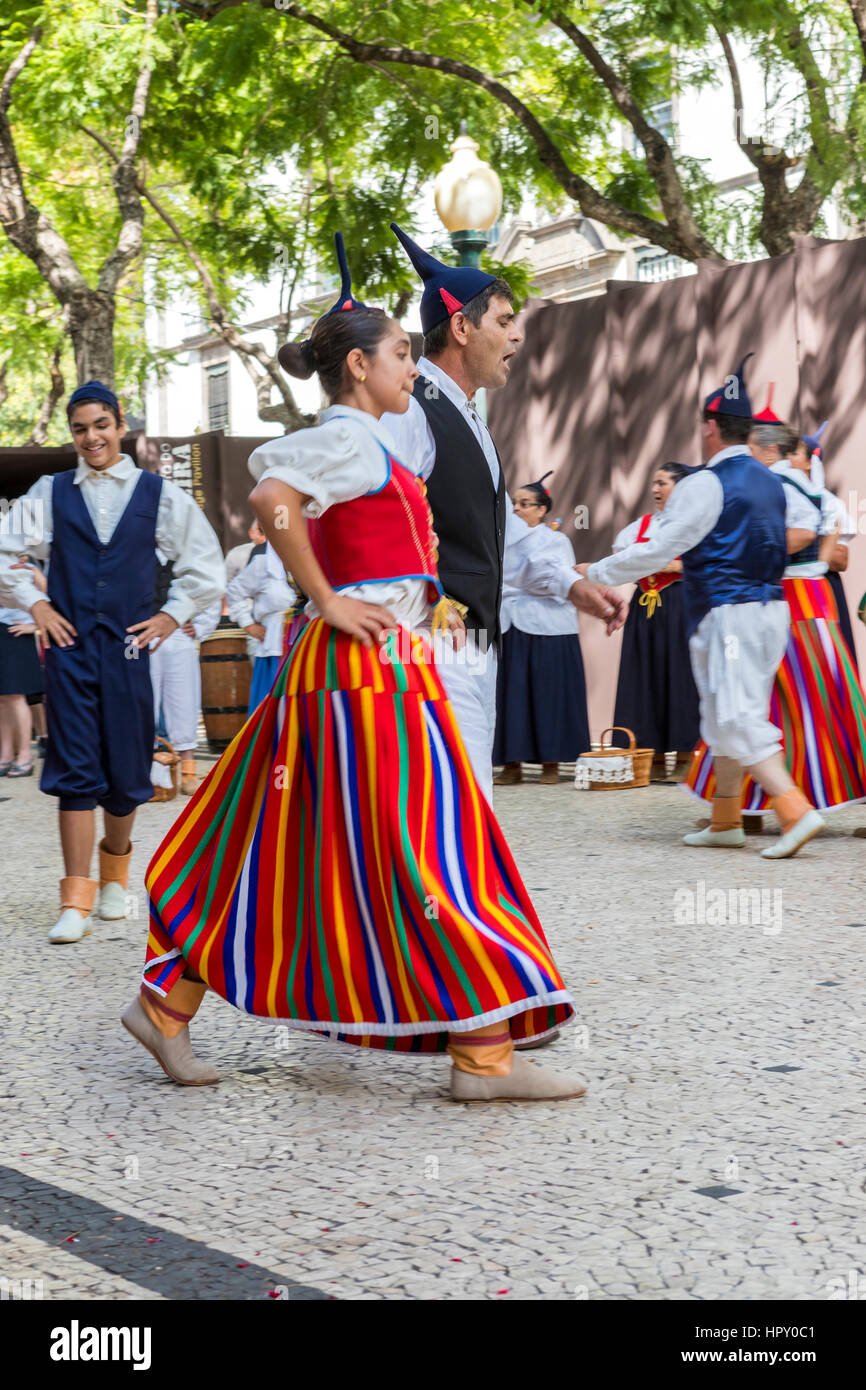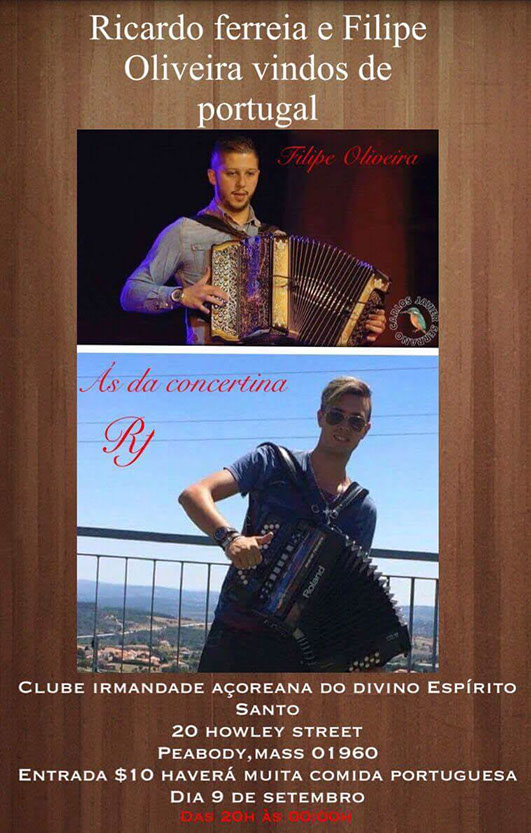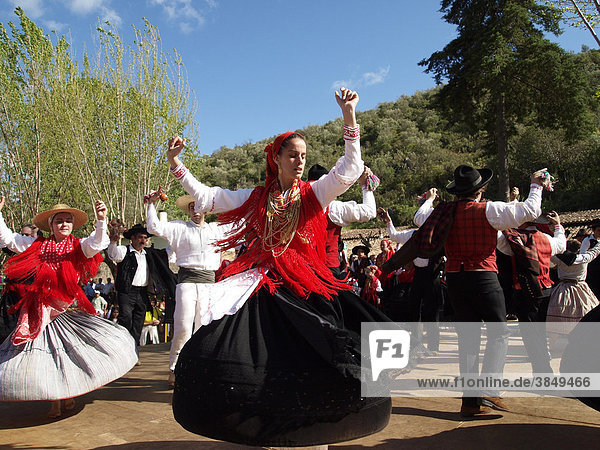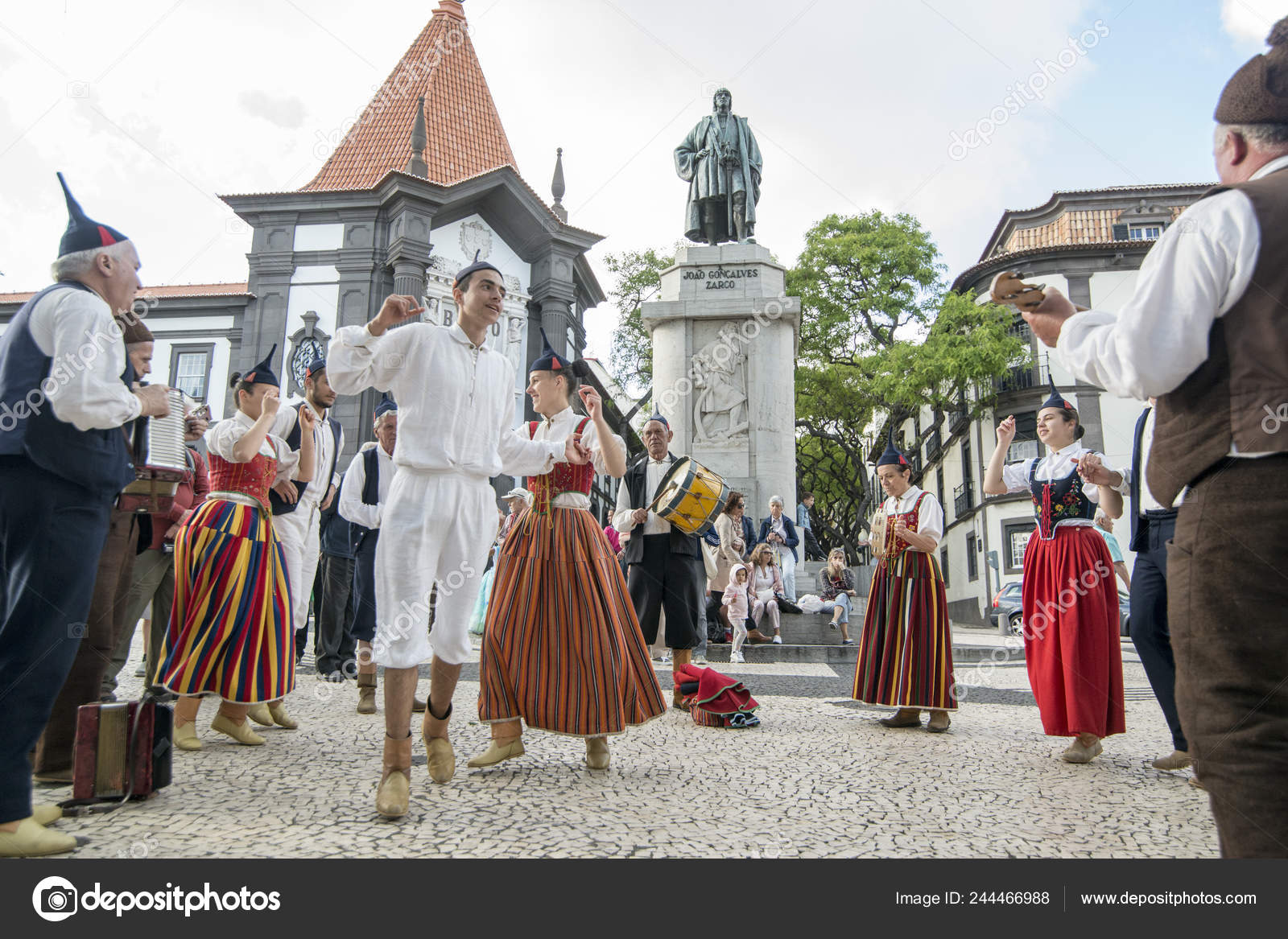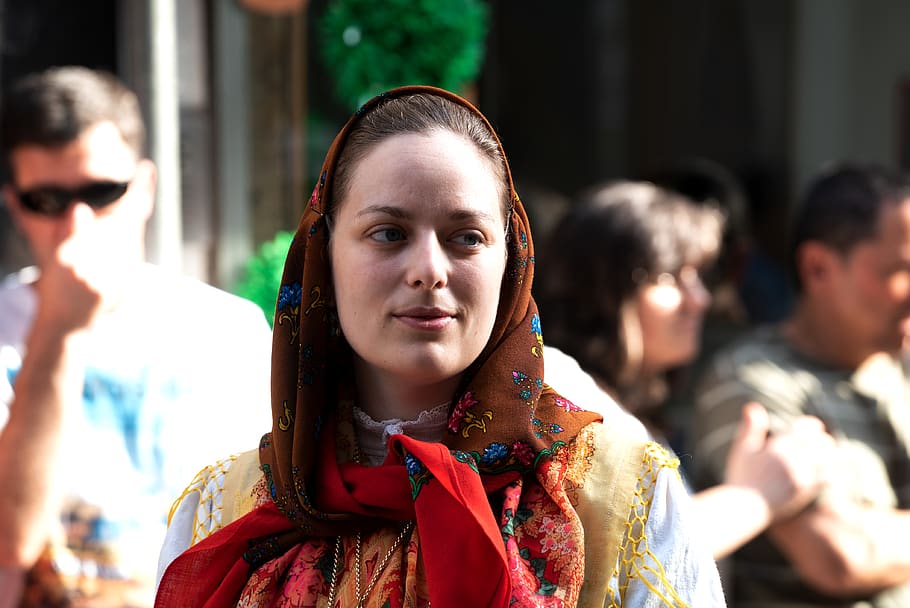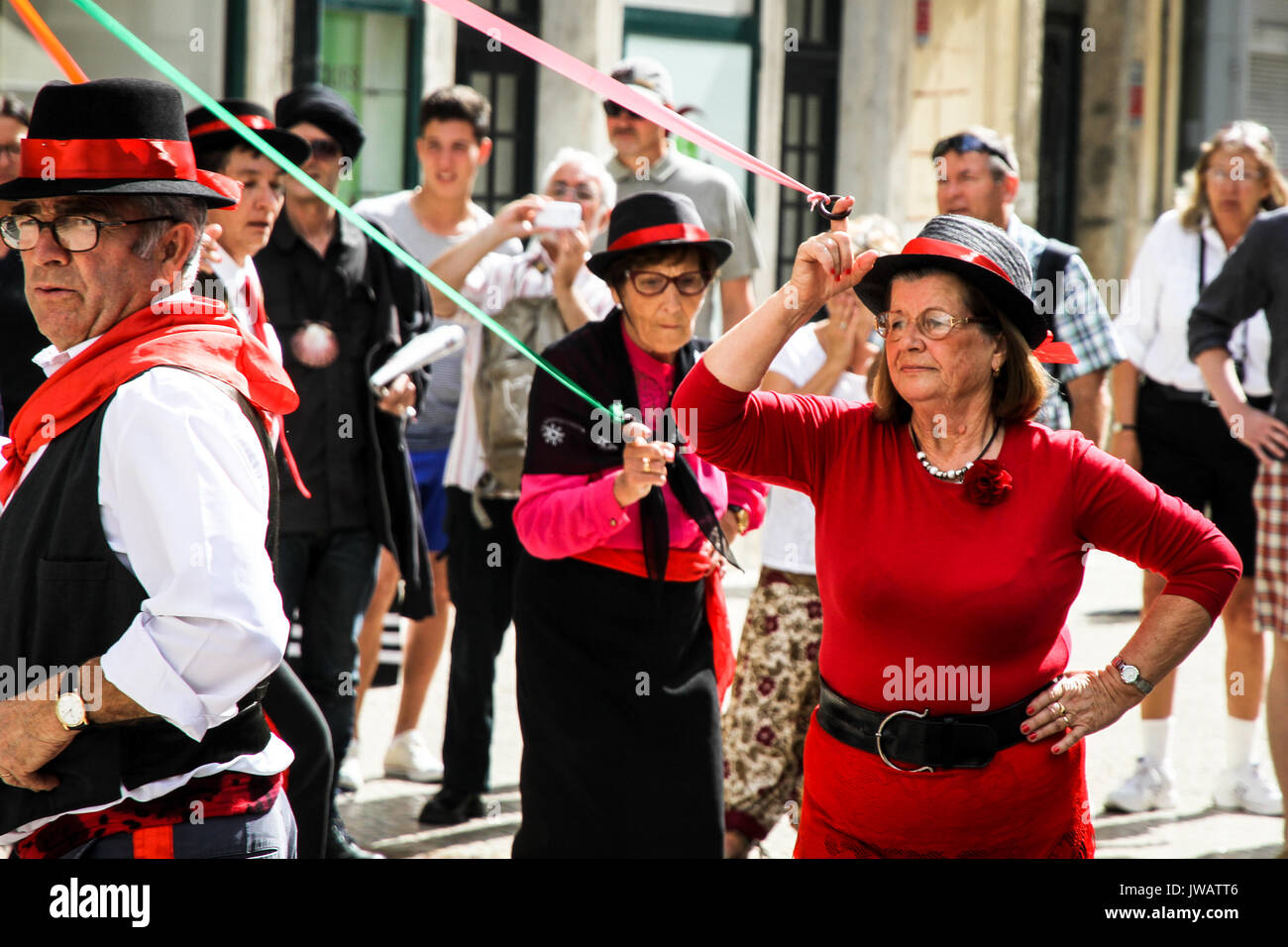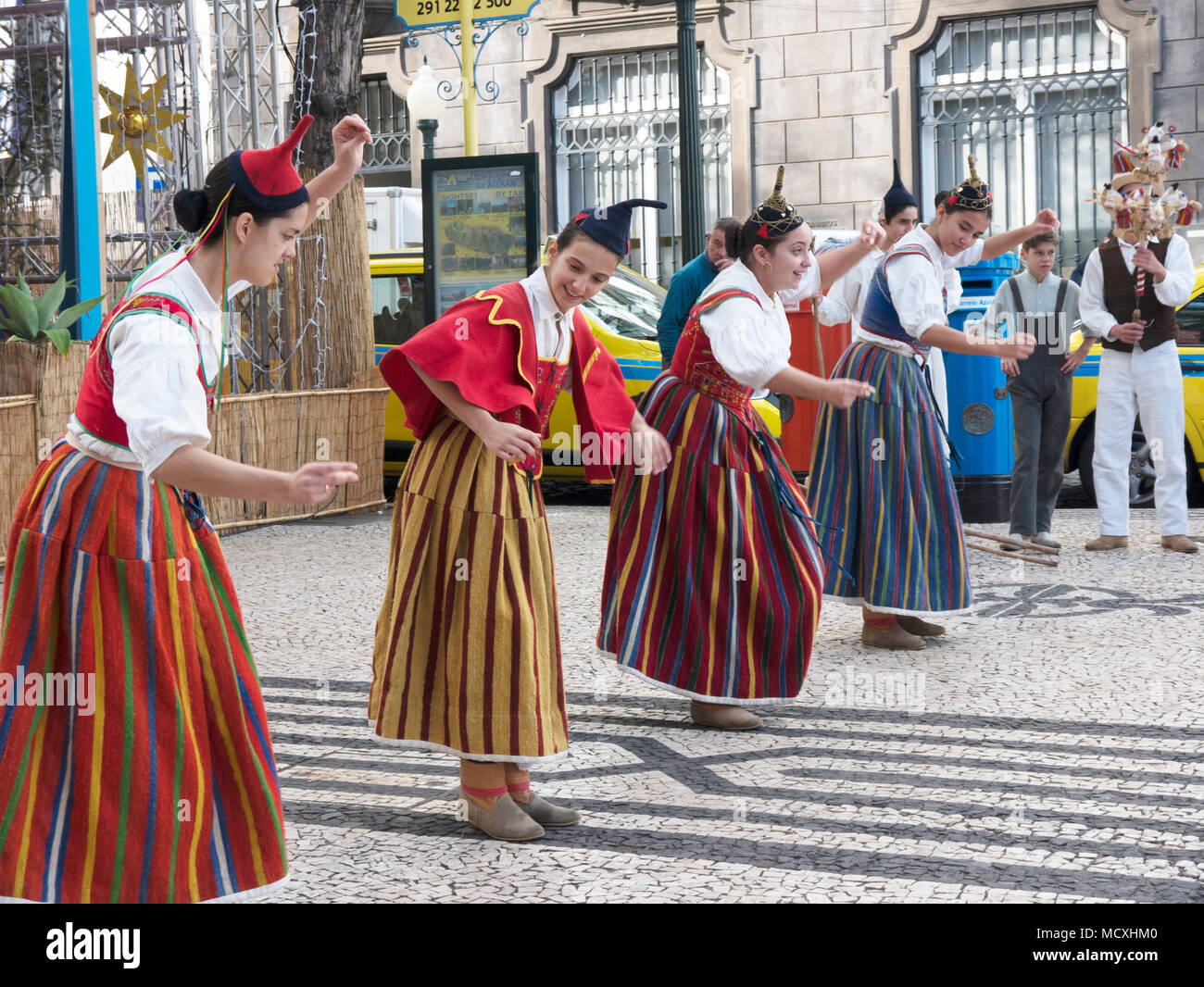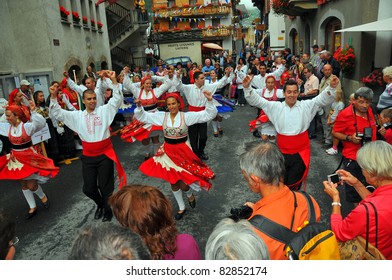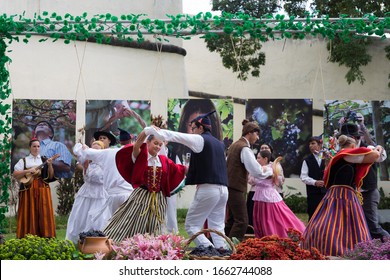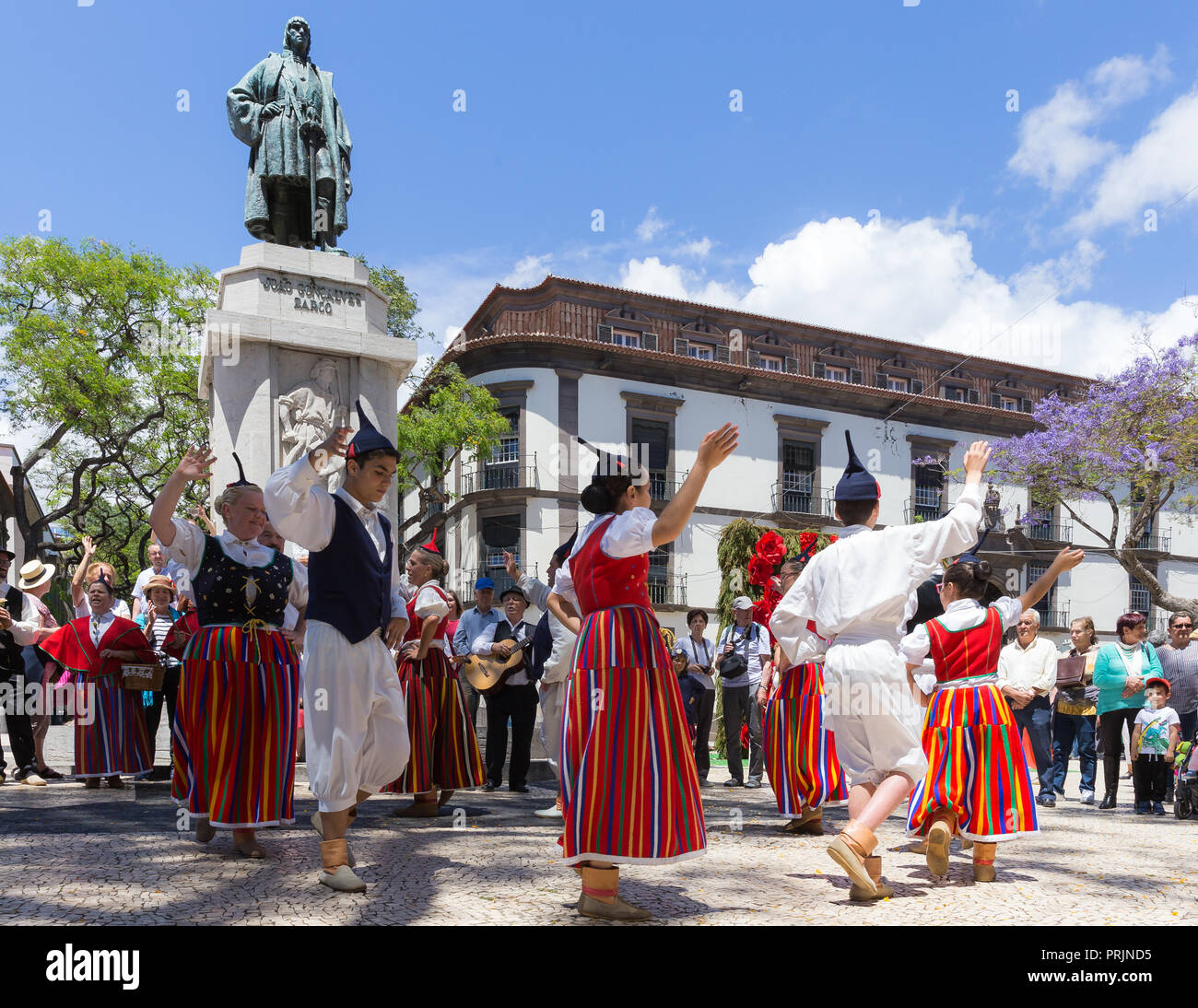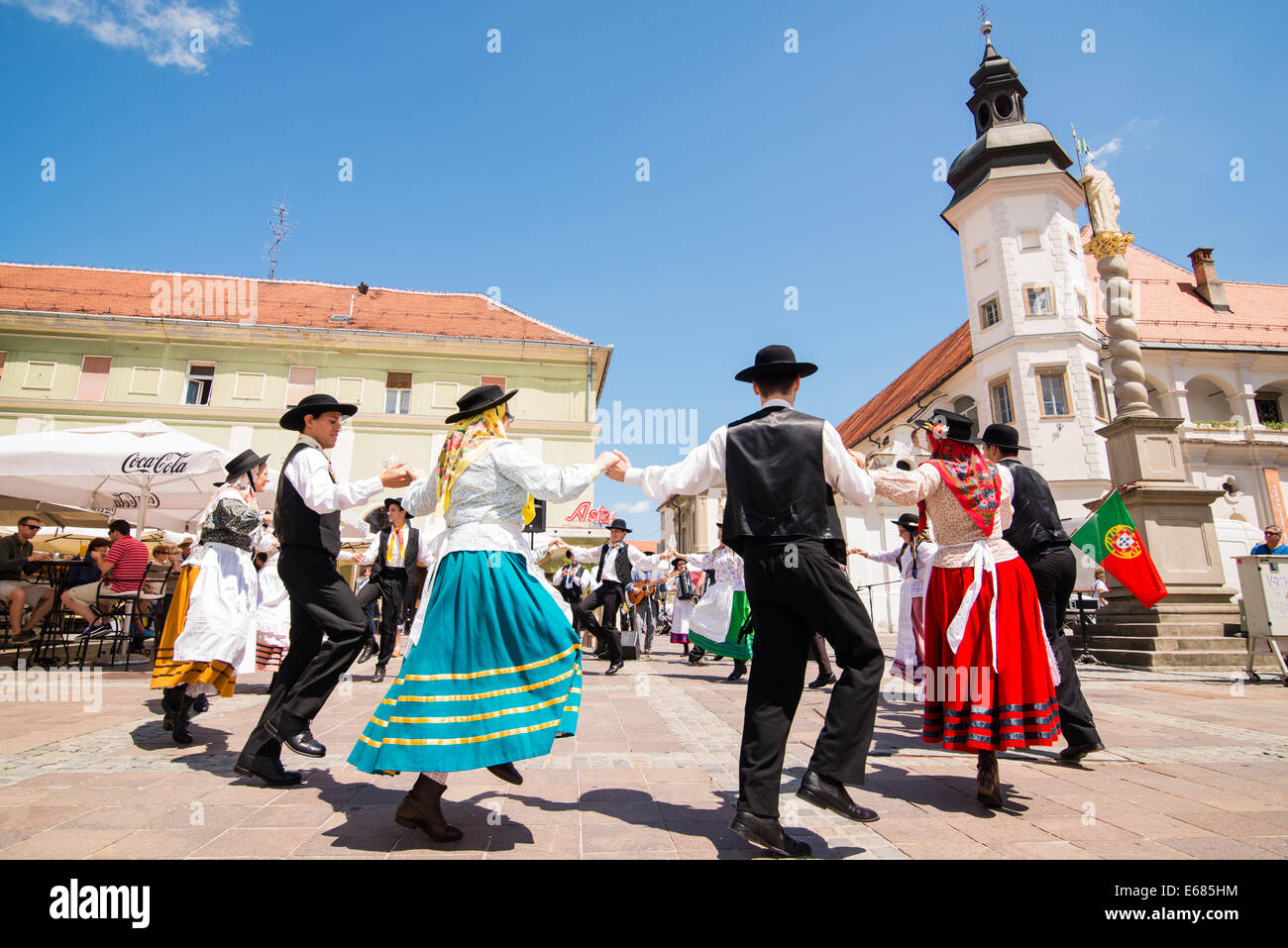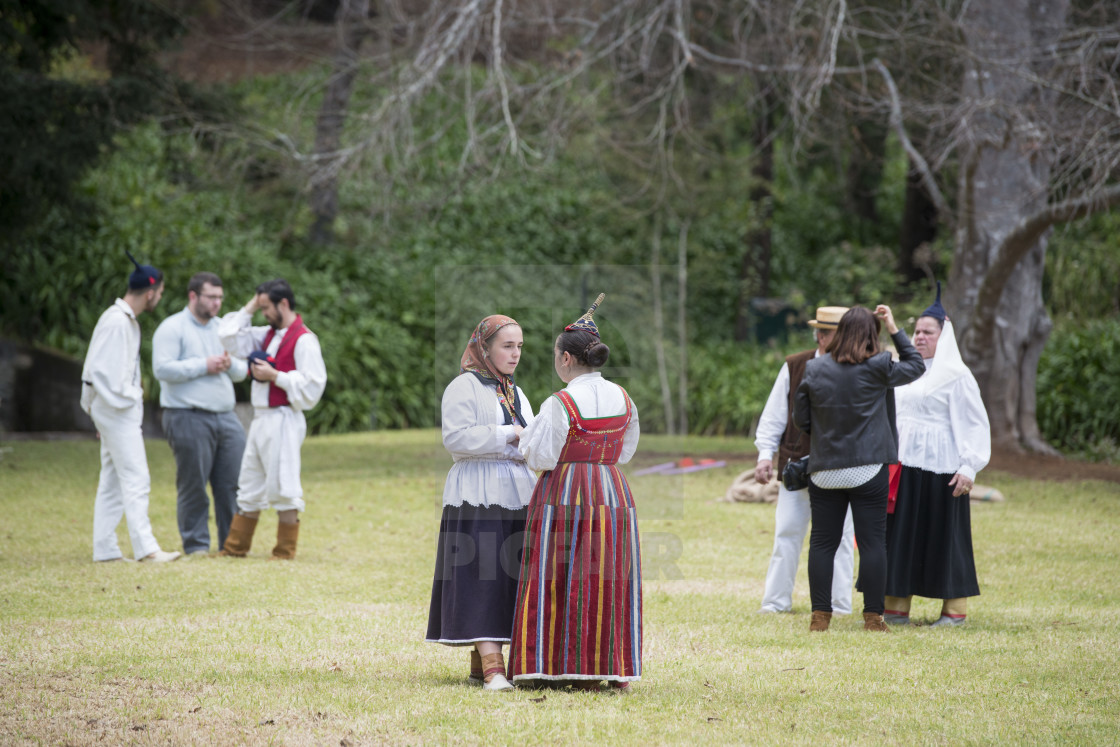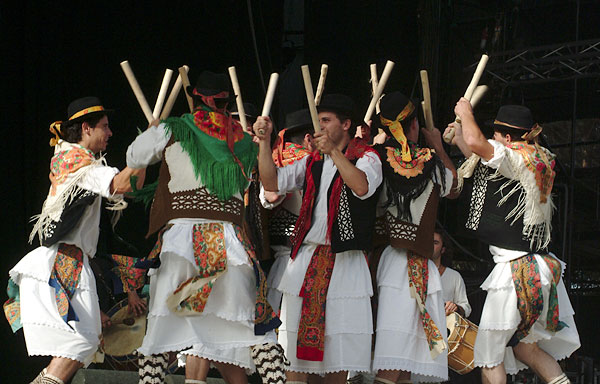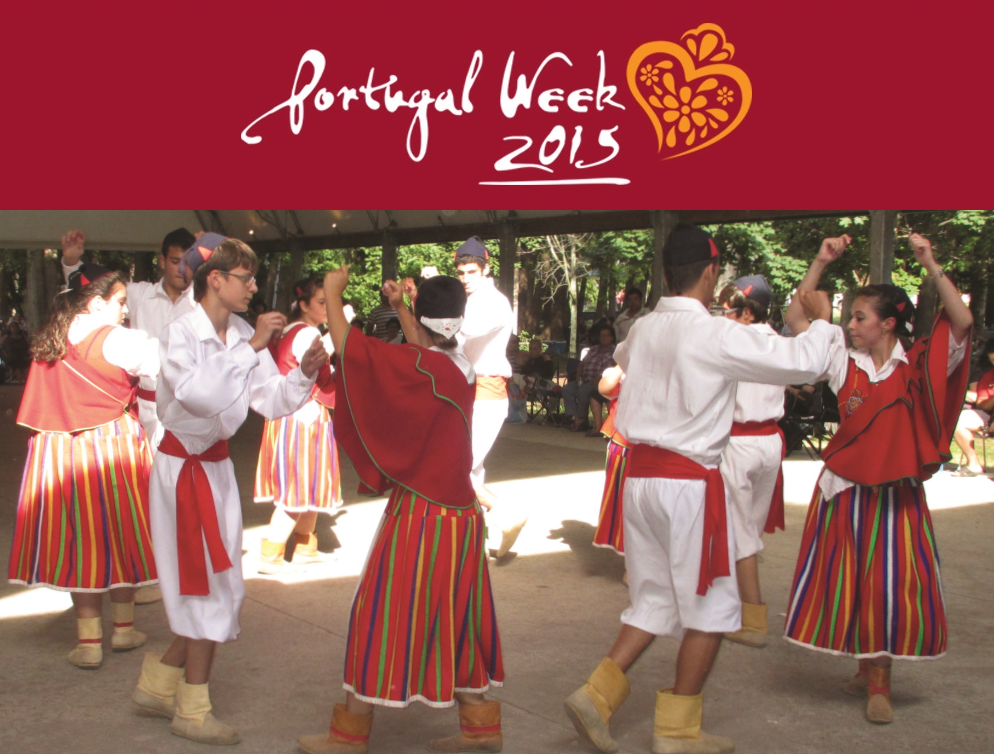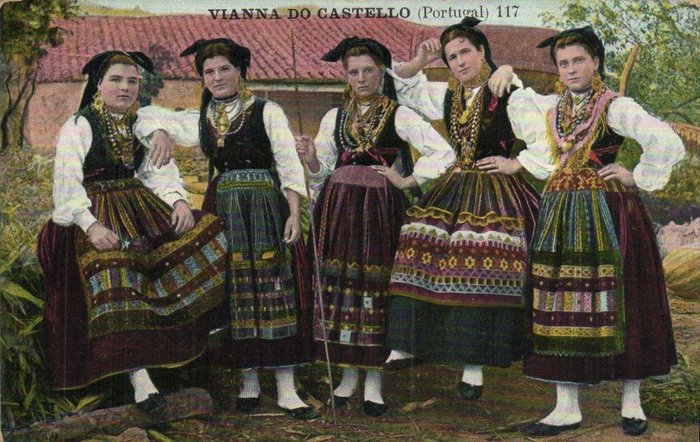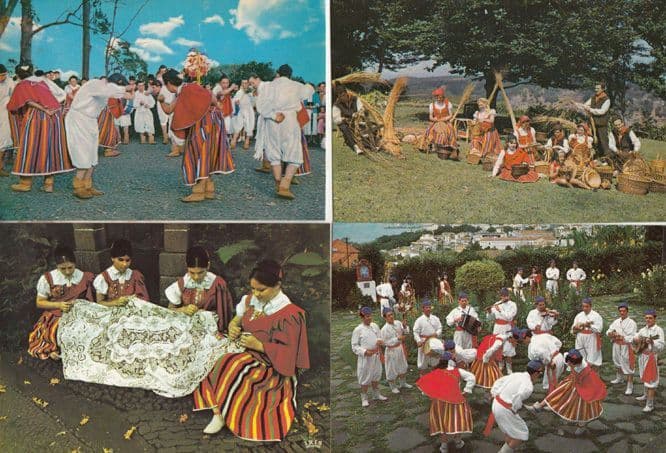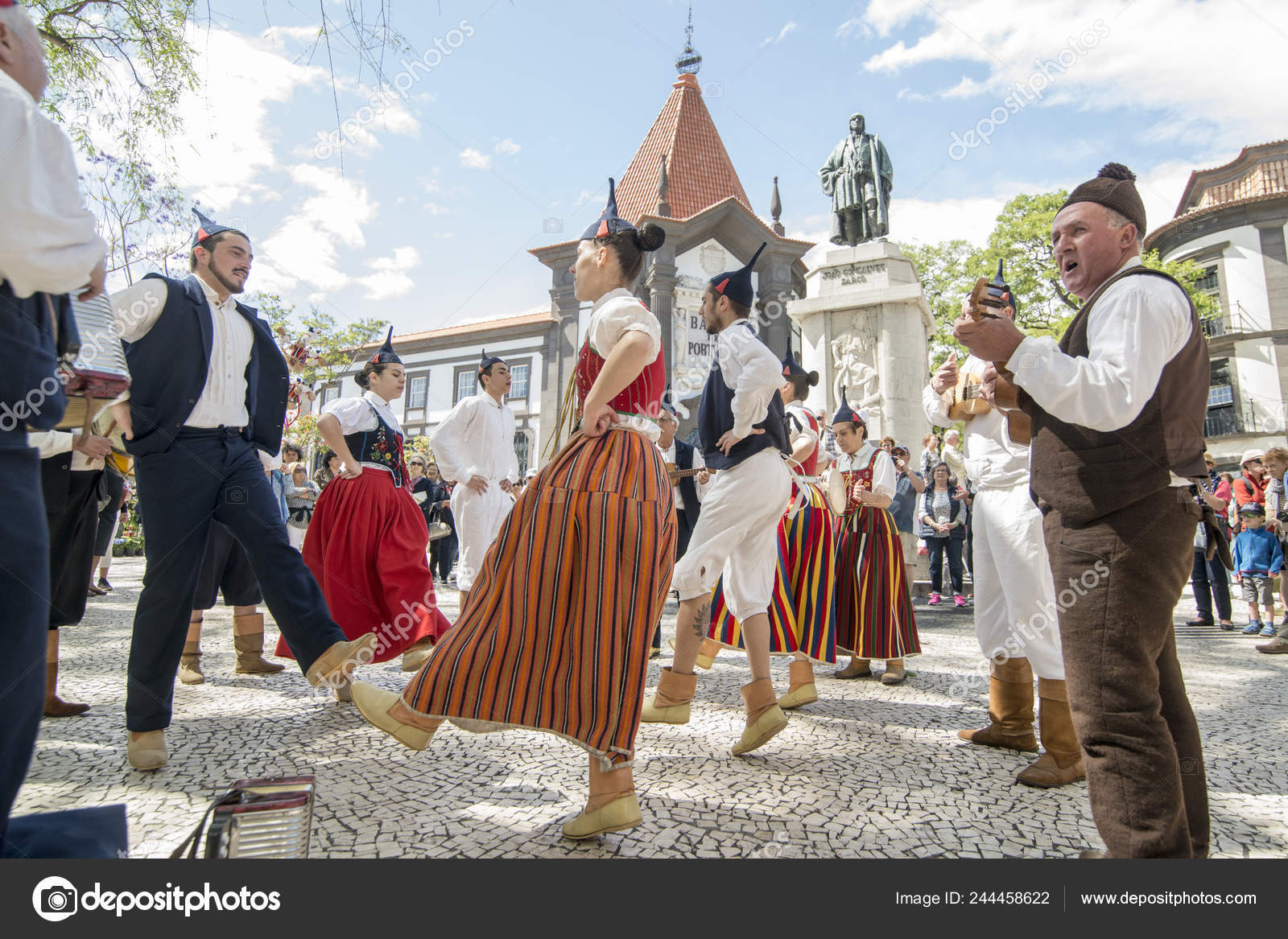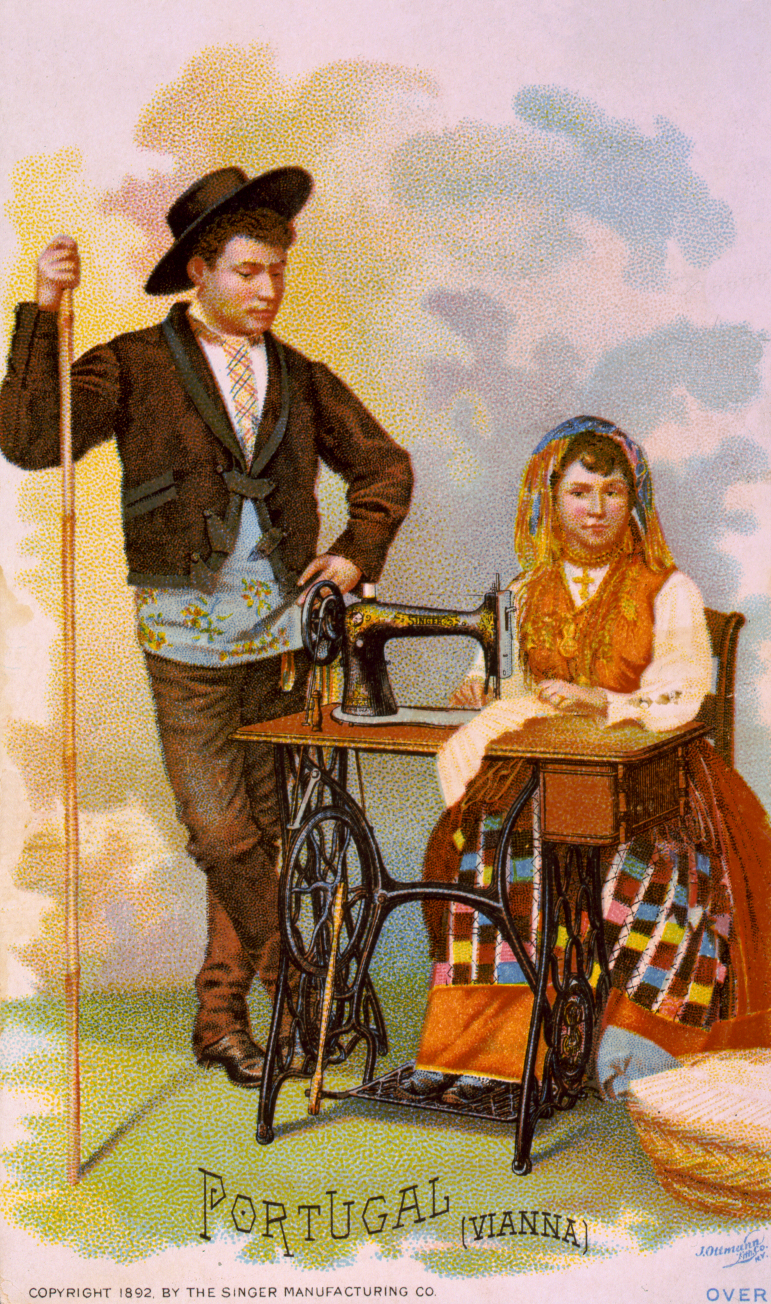Folklore Portugal
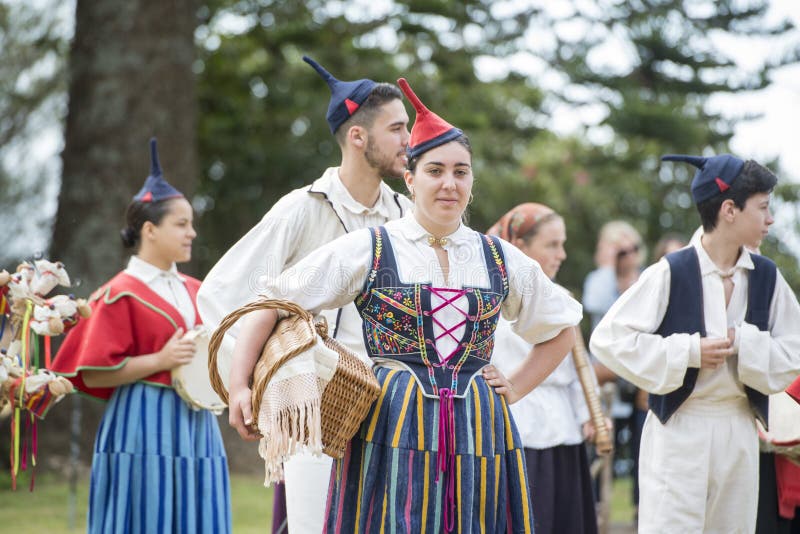
The portuguese were the first who set to explore the world leading to the discovery of africa the americas asia and oceania.
Folklore portugal. Tales from the lands of nuts and grapes. A tradition is something that travels through generations and that defines the character and the personality of a people which is the soul of a country. Portuguese folklore folklore within portugal is an important part of the culture and can be seen from the home to the church. This national symbol is mostly found in its typical ceramic form as well. This is the most famous portuguese legend still remembered today inspiring songs literature and art. Portuguese traditions are very different from one another and are the result of many centuries of history and contact with earth sea and other civilizations. The collection of folktales from portugal consists of two books with 55 folktales.
The portuguese empire was one of the greatest powers in the world. Many towns have at least a cinema some venues to listen to music and locations to see arts and crafts. In folklore from portugal beautiful origin stories unfold about how islands sprung from flowers dropped by an angel in paradise or more humorously why dogs sniff each other when they first meet. Its rich culture results from many influences including celtic lusitanian phoenician germanic visigoth viking sephardic jewish and moorish. As the unofficial symbol of portugal you can find this emblem in many forms in every local shop and especially gift shops. By tricia pimental portugal is a predominantly roman catholic country with a close knit family ethic. The barcelos rooster commonly called the portuguese rooster is said to be the embodiment of the portuguese love of life.
Many cities and towns have a museum and a collection of ancient monuments and buildings. Sebastianism is part of the portuguese mythology and culture. The barcelos rooster commonly called the portuguese rooster is said to be the embodiment of the portuguese love of life. It means waiting for a hero that will save portugal and lead it to the fifth empire known as national self.
